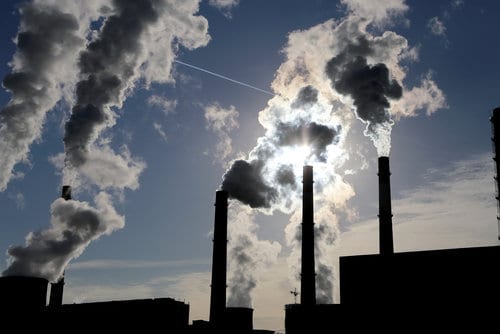
A new study has concluded that the planet’s reliance upon burning fossil fuels for energy could be phased out in a decade.
According to a new study published by UK energy think tank Sussex Energy Group, part of the University of Sussex, the next great energy revolution which would see the transition away from fossil fuels towards cleaner energy generation could happen within a fraction of the time of past major changes. However, to do so will require a collaborative, interdisciplinary, multiscalar approach — one that learns from the trials from previous energy systems and technology transitions.
The paper, How long will it take? Conceptualizing the temporal dynamics of energy transitions, was published in the journal Energy Research & Social Science by Professor Benjamin Sovacool, a member of the Sussex Energy Group. Looking at past great energy transitions — such as from wood to coal in Europe, which took between 96 and 160 years, or to electricity, which took 47 to 69 years to enter mainstream use — could provide lessons that, if implemented now, could decrease the transition time away from coal. Additionally, according to Sovacool, with the scarcity of resources, the treat of global climate change, and increasingly improved technological learning and innovation, could all speed the shift to a cleaner energy future.
“The mainstream view of energy transitions as long, protracted affairs, often taking decades or centuries to occur, is not always supported by the evidence,” said Professor Sovacool. “Moving to a new, cleaner energy system would require significant shifts in technology, political regulations, tariffs and pricing regimes, and the behaviour of users and adopters. Left to evolve by itself – as it has largely been in the past – this can indeed take many decades. A lot of stars have to align all at once. But we have learnt a sufficient amount from previous transitions that I believe future transformations can happen much more rapidly.”
The study, which can be viewed in its entirety, highlights several examples of transitions that were faster, but are often overlooked in the greater analysis.
Source: CleanTechnica. Reproduced with permission.










